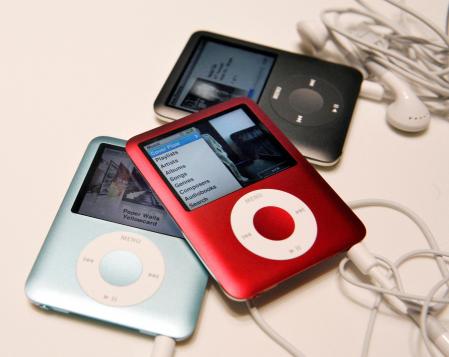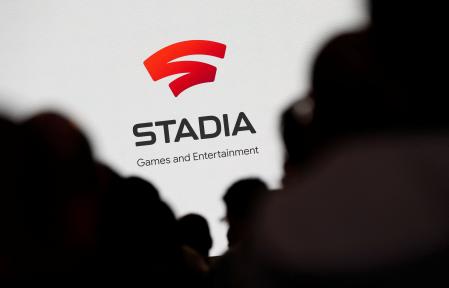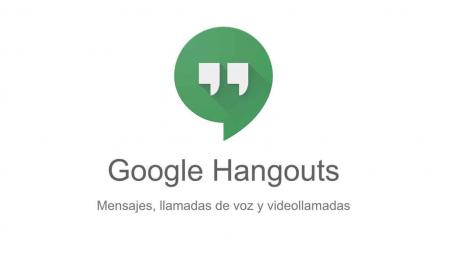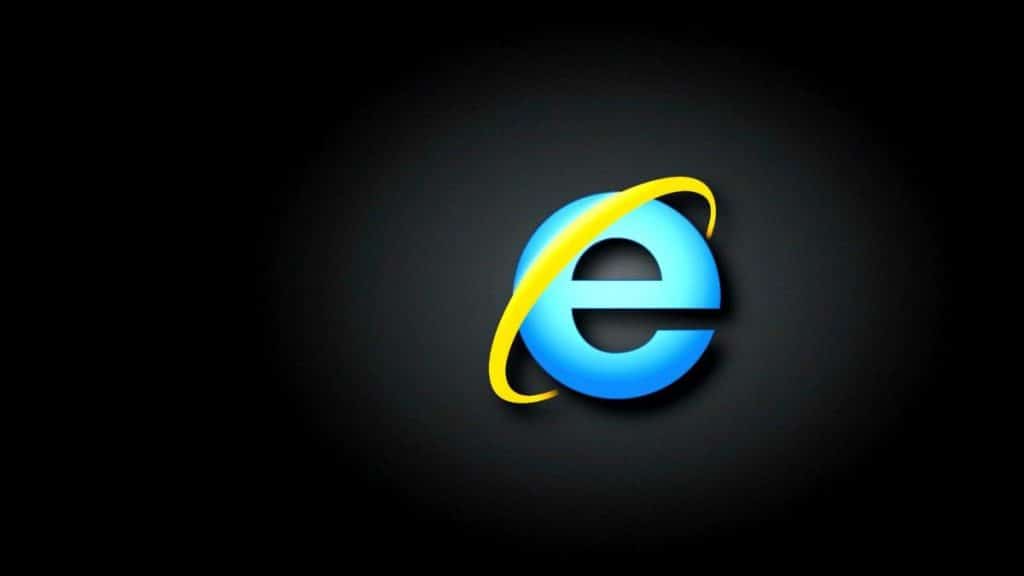A year that is gone, new graves in the digital cemetery. Over time, different products and services are forgotten, either because they are no longer manufactured or because they no longer have official support. 2022 will remain in the memory for leaving behind nothing less than the iconic Internet Explorer, the iPod Touch -and, after all, the iPod-, and the Google Stadia streaming video game project, among others.
Just as 2021 buried landmarks like Blackberry and Yahoo Answers, this time it’s up to a landmark like Internet Explorer, perhaps the most iconic piece of web browsing software in history.
In 1995, Microsoft launched the browser to destroy its competitor, Netscape Navigator, and inaugurated the first phase of what became known as the “browser wars,” which lasted until 2001. Internet Explorer version 1.0 used source code from Mosaic and had been developed by a team of just six people.
Read also Piergiorgio M. Sandri

This year, the company put an end to it to finish installing Edge, its successor, which, although it does not have a large market share like Chrome’s, managed to carve out a place among Chromium-based browsers.
But Internet Explorer isn’t the only piece of technology that became part of tech archaeology. Here, other products, projects and hardware that will cease to exist.
iPod: 2001-2022

Goodbye iPod
Robert Galbraith / Reuters
After more than two decades of existence, Apple stopped producing the iPod Touch, as announced in May of this year.
This is the latest model of the historic music player made by the company that revolutionized online music in 2001 with the first iPod and, above all, the iTunes store.
The reason, basically, has to do with the fact that the iPhone fulfills the same functions as the iPod and much more: it no longer makes sense to have an iPod.
Read also Albert Garcia

The iconic model with a buttoned wheel, which later gave rise to the Classic, was discontinued in 2014. Meanwhile, the Shuffle and Nano were phased out three years later. Until today, the seventh-generation iPod Touch was still selling, three years after it debuted.
Few more iconic objects in the history of technology: With the end of its Touch version, the company will no longer make iPods.
Goodbye and thank you for so much.
Google Stadia: 2019-2023

Google Stadia has been short-lived
STEPHEN LAM / Reuters
Google’s streaming video game service had a short life: barely 3 years.
The concept was very good but, nevertheless, the gamers did not finish getting on the idea of playing in this way. While consoles like Nintendo Switch, Xbox, and PlayStation dominate the market alongside PC, playing a game at the moment it’s being played creates various kinds of issues, both in quality and gameplay (latency).
The project paved the way for Xbox Cloud Gaming which, this year, delivered a stable gaming experience (even in Argentina, where connections don’t have the highest speed in the region).
“While their approach was built on a strong technological foundation, it didn’t gain the traction among users we hoped for, so we made the difficult decision to start phasing it out,” Phil Harrison, the project’s vice president and general manager, said earlier this year. , thus, in January 2023.
Facebook Gaming: 2018-2022
Another product related to video games, but this time, streaming. Faced with the unbeatable power of Twitch, the Palo Alto giant had to withdraw from the fight and give in to the company owned by Amazon.
With three years of life and a multimillion-dollar investment, Meta’s foray into video game streaming lived until October 28 of this year.
BlackBerry OS: 1999-2022

A user uses a BlackBerry 8700 in 2006, a year before the arrival of the iPhone
Libert Teixidó
The announcement that BlackBerry would no longer be supported was late last year. But the official date of death was January 4 of this year, from which time the operating system of one of the most successful mobile devices in history would no longer be supported.
Also read The Economist

The end of an era, considering how much of mobile communication has changed.
Google Hangouts: 2013-2022

Google Hangouts
If a Google product underwent modifications and never had a clear objective, that was its chat. Initially known as Google Talk, it gradually migrated from being integrated with Gmail to being a separate application, called Hangouts.
Now it is called directly Google Chat, but also Google Meet. It is really difficult to understand the differences between the two.
Hangouts died on November 1, 2022.
Instagram IGTV: 2018-2022
The IGTV function of one of the most popular social networks in the world even had its own app, different from the main one. Through a post, the company discontinued it.
Active since 2018, the application allowed live performances that were later saved. The decision had to do with strengthening Reels, the copy of TikTok that managed to give the platform good results with shorter and more direct content.
2022 left some other victims that did not resonate as much in our region, such as the YouTube Go app, Meta Portal, Facebook Live Shopping and Amazon’s physical bookstores, Amazon Books, which never reached our country.


